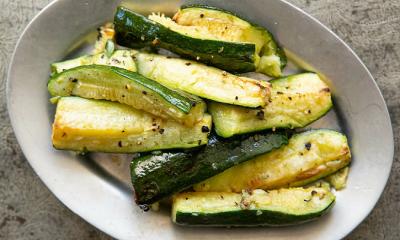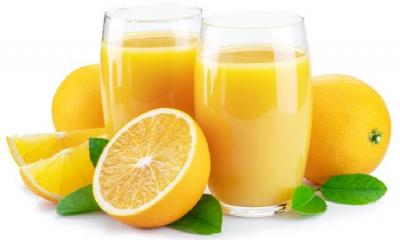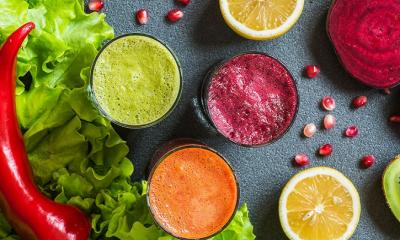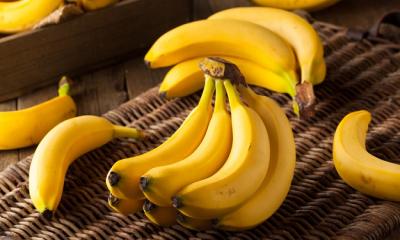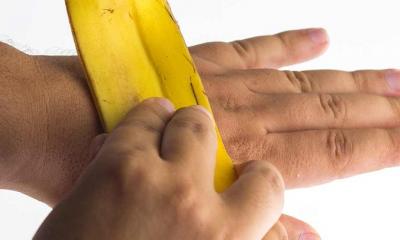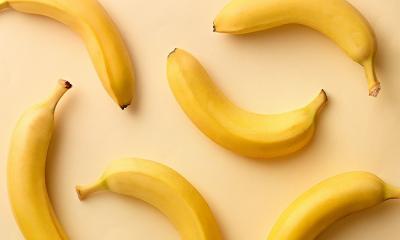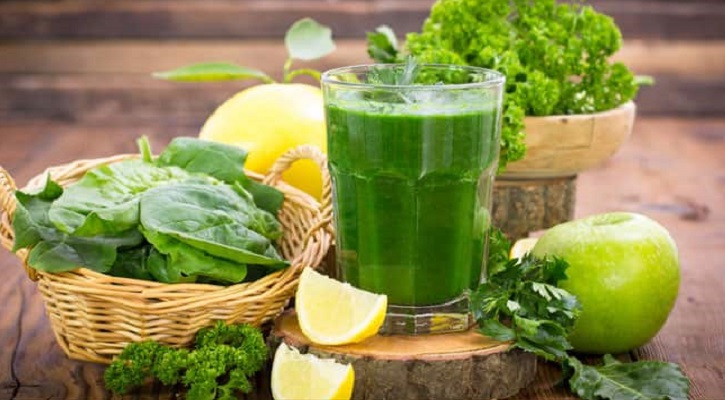
Is Juicing Good for Weight Loss? Here’s What Doctors Say
- Women`s Corner
- September 16, 2022
If you’re trying to lose weight, juicing might sound like a slam-dunk approach guaranteed to produce quick results. After all, juice derives exclusively from whole fruits and veggies, so it must be a healthy way to get to a lean body, right? It’s not quite that simple.
“We all know that getting our daily dose of fruits and vegetables is essential for overall health and well-being,” explains Dr. Mahmud Kara, M.D., who previously treated patients at the Cleveland Clinic and has since founded the supplement brand KaraMD. “Eating fresh fruits and vegetables can help with natural energy, improved digestion, reduced disease risk, strengthened cardiovascular health, and more.”
But there are plenty of caveats that complicate the issue. We asked experts for their feedback on juicing for weight loss. And although some of were cautiously optimistic, others flat-out wouldn’t recommend juicing for weight loss. Ahead, here’s what the pros have to say.
Read More: Thai Fish Cakes
What is juicing?
Juicing is the practice of extracting the juice from fruits and vegetables to make into a beverage. This process leaves the fiber behind in the machine (compared with blending up a smoothie, which combines the whole produce into the drink). You may choose to do this process at home, or to buy pre-made juices. “Juicing can be used as a supplement to boost nutritional status or as part of a juicing fast,” explains Dr. BreAnna Guan, a licensed naturopathic physician specializing in women’s hormone health.
Dr. Kien Vuu, M.D., concierge doctor and assistant professor of health sciences at UCLA, says that the removal of the fiber through the juicing process is the major drawback. “The major disadvantage to juicing is losing the healthy fiber content of the fruit or vegetable through the process,” he says. “Fiber is important for lowering cholesterol, promoting heart health, regulating blood sugar, and helps feed your gut microbes.”
Is juicing good for weight loss?
Experts offer a range of opinions on whether juicing is good for weight loss; typically these opinions range from “under some circumstances” to “no.” Two factors may make it difficult for people to lose weight efficiently, Dr. Kara explains. The first is eating excess calories. And the second is “not getting enough nutrients that the body needs to perform key processes such as metabolizing food,” he says.
Given these two factors, juicing can be beneficial for weight loss because it may help replace or supplement what might otherwise be a higher-calorie meal during the day. Further, “nutrient benefits from fresh fruits and vegetables may help promote feelings of fullness for longer and these nutrients provide the body with the fuel it needs to thrive.”
Read More: Coconut Fish Curry
But, the doctor warns, it’s important to be careful when it comes to how juicing is used for weight loss. “In recent years, juicing or juice ‘cleanses’ have been misrepresented as easy detoxes or ways to lose weight rapidly,” Dr. Kara says. “However, not only is this oftentimes an unsustainable lifestyle in which the weight is gained back at a later date when the juicing is over, but replacing most or all of your quality meals with strictly juicing can lead to calorie deficits that may actually hinder weight loss.”
Dr. Vuu is even less optimistic about juicing for weight loss. “I do not consider juicing a viable weight-loss solution,” he says plainly. “This form of calorie restriction generally slows down metabolism and [although it] could potentially offer a little bit of weight loss initially, is not a viable long-term option it may lead to weight gain after the juicing.”
It is Dr. Guan’s view too that “juicing may be counterproductive for weight loss, especially when using high-glycemic fruits and vegetables such as beets, carrots, apples and other fruits.” These ingredients raise blood sugar, making the breakdown of stored fats more difficult and contributing to the potential for muscle loss.
Read More: Healthy Fish Stew
Stephanie Nelson, MS, RD and MyFitnessPal’s lead nutrition scientist, adds: “Remember that in order to lose weight, you need to consume fewer calories than you burn, so drinking too much juice might lead to consuming more sugar and overall calories than you intended.”
Is juicing healthy?
Our experts generally agreed that juicing is healthier as part of a sound nutrition strategy, compared with juicing exclusively for a period of time. Instead of meal replacement, our experts say juicing can have health benefits when it supplements not replaces your existing healthy diet and lifestyle.
Dr. Kara says, “using juicing to replace quality meals can lead to extreme calorie deficits while on the other hand supplementing one meal a day, breakfast for example, with juicing can be an easy and convenient way to benefit from the quality nutrients fresh fruits and vegetables have to offer.”
Ultimately, juicing shouldn’t be considered the end-all-be-all of weight loss and health strategies. Rather, it may be one healthy part of an overall strategic approach. “Juicing is best when it is used to complement your already existing health routine; it should not replace making healthy decisions,” Dr. Kara says, “If you are keeping up with eating quality meals, engaging in regular physical exercise and stress reduction, and practicing other healthy habits, then juicing can make a great addition to your routine.”
Read More: Indian Butter Chicken
Nelson agrees. “My take-home advice is, if you like juice, you can have some as a part of your weight loss regimen,” she says. "But make sure you’re also getting whole fruits and vegetables because they have a number of benefits that juice does not.”
What’s the healthiest way to juice?
Not all juice is created equal for health. “The best juice is that which comes from fresh and organic fruits and vegetables,” Dr. Kara explains. “Juices that are pre-made or that use fruits and vegetables that are loaded with preservatives can actually lead to more issues when it comes to weight as well as one’s overall health.” Further, Dr. Kara suggests, the process and type of device used to make the juice also makes a difference. When you include juice and pulp, you get more nutrients that may play an important role in weight loss.
Read More: Chicken Parm Meatball Subs
Dr. Guan recommends her clients utilize green juices as a way to support hydration and optimal energy levels, especially during the summer months when dehydration is more of an issue. “Green juices are a great way to supply needed electrolytes that can help improve athletic performance and endurance,” she says. “Low-glycemic juicing such as celery, cabbage, kale, and spinach will not raise blood sugar and will be more supportive of weight loss.”
Who should avoid juicing?
Dr. Guann advises that juicing can be dangerous for those with eating disorders. Those who are insulin resistant or diabetic should also avoid juicing as it causes much higher spikes in blood sugar when compared to eating the actual fiber-rich fruit or vegetable, Dr. Vuu explains. He adds this caveat: “Before making any major changes to your lifestyle or diet, it is always best to consult a medical professional.”
This article is taken from https://www.prevention.com/

